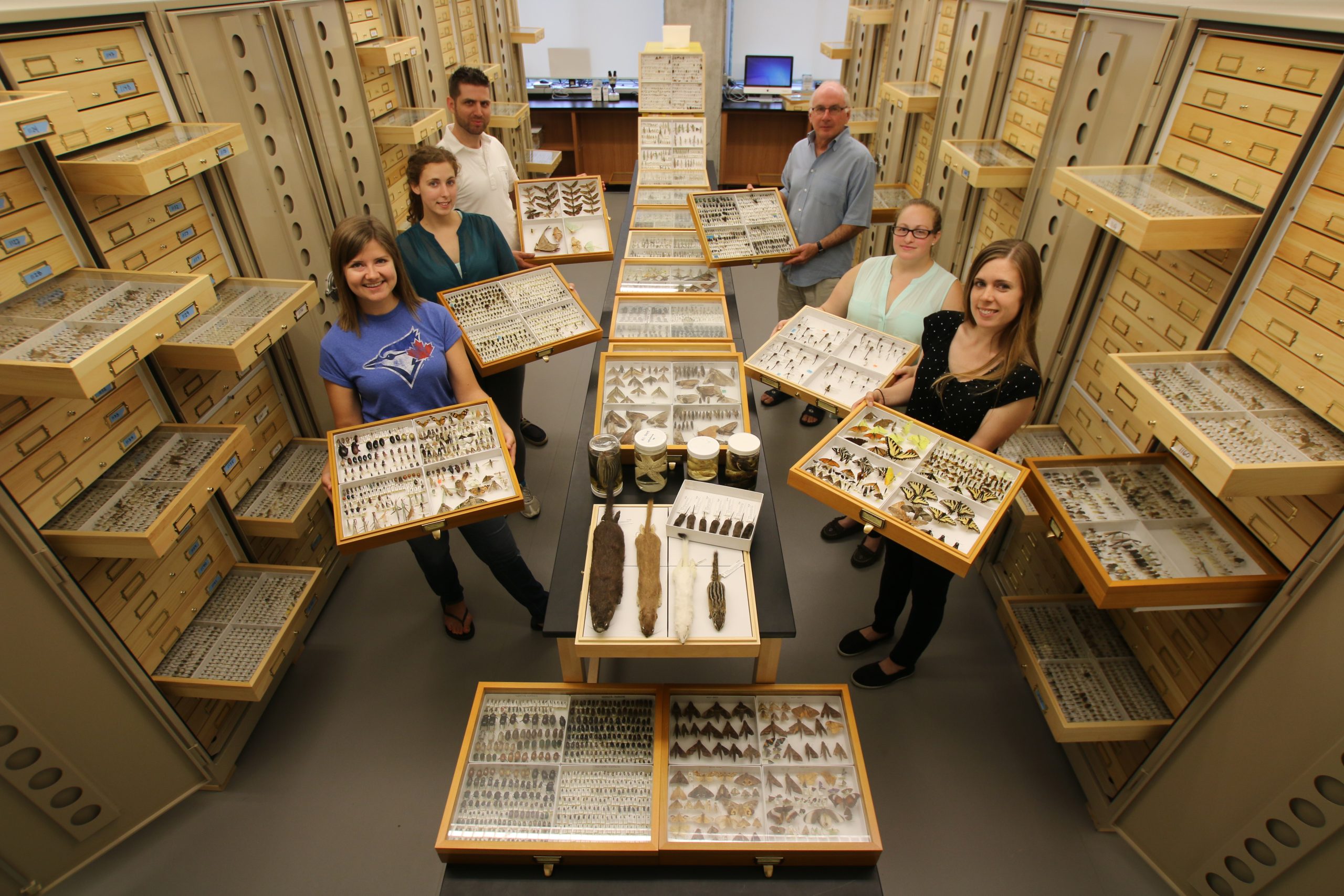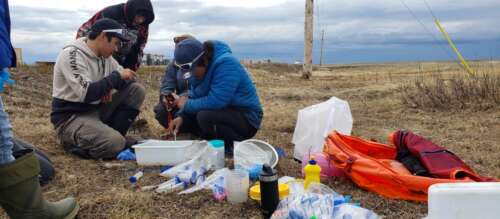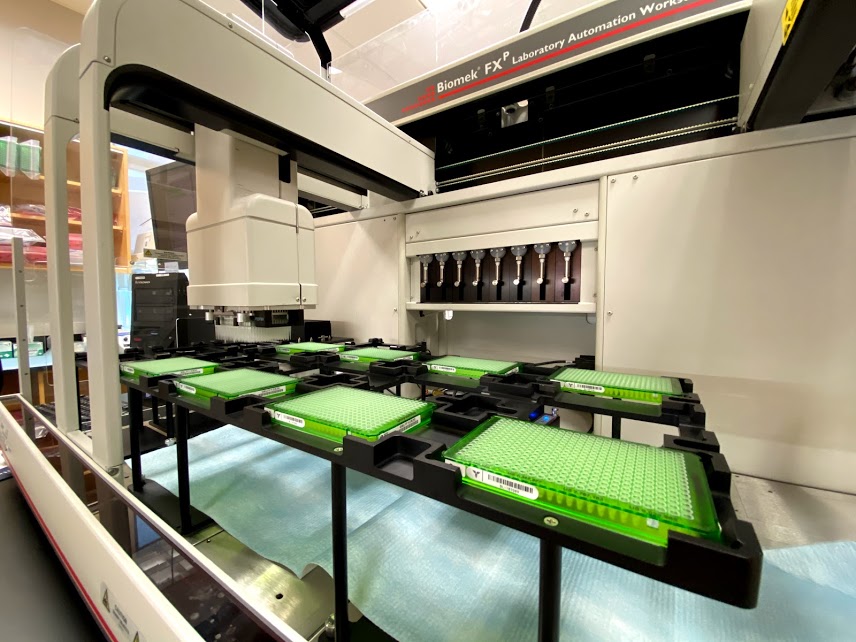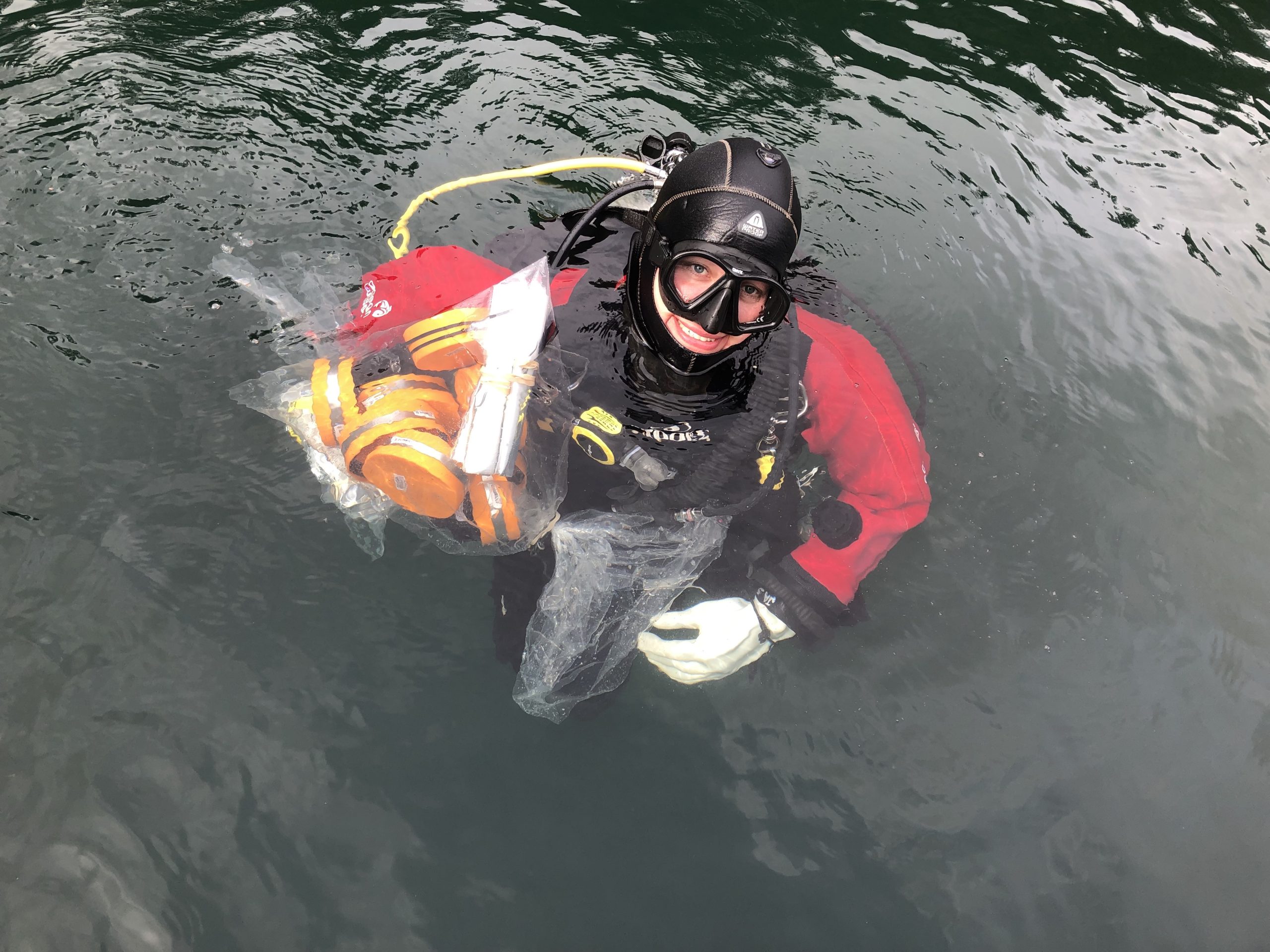




Can we establish a global bio-surveillance system? Can we avert a planetary mass extinction? Helping to answer these and other large-scale questions about life on Earth is the goal of Bioscan, a project awarded $24 million in federal funding this past January according to a University of Guelph news article.
Led by Paul Hebert, director of the Centre for Biodiversity Genomics (CBG) at the University of Guelph, a worldwide, interdisciplinary research team will use the funding to advance this ambitious eight-year project begun in 2019. Bioscan will inventory multicellular species and probe their interactions and dynamics while advancing our capacity to protect natural resources, ecosystems, and human health.
“With this grant, Canada’s capacity to lead Bioscan will be sustained,” said Hebert, a Canada Research Chair in the school’s Department of Integrative Biology and principal investigator on the $180-million, eight-year project.
Bioscan is among seven initiatives nationwide to receive awards through the Transformation 2020 competition, which supports large-scale, Canadian-led research projects that address a major challenge and promise real, lasting change.
Involving more than 70 team members at research institutions in Canada and abroad, co-principal investigators include integrative biology professor Mehrdad Hajibabaei, a metabarcoding expert with the CBG, and Graham Taylor, a machine learning and artificial intelligence specialist in the School of Engineering, University of Guelph.
The project aims to compile a DNA reference library for multicellular life, with a focus on species discovery in developing nations, and expand the DNA barcode reference library housed in the informatics platforms at the CBG. To add new “volumes” of species to the database, the centre’s DNA sequencing equipment and “big data” tools crunch through DNA from specimens provided by scientists from the 40 member countries in the International Barcode of Life consortium, also based at the university.
Developed by Hebert and his colleagues, DNA barcoding identifies species based on the sequence characterization of a short, telltale stretch of their genetic material.
By cataloguing what creatures live where, BIOSCAN is developing a baseline for monitoring ongoing changes to biodiversity and ecosystems. That’s critical information for accurately assessing and alleviating human impacts on other species through climate change, invasive species, wildlife trade, habitat disturbance, and resource use, said Hebert.
Without action to stem biodiversity losses, he added, “all evidence points to the first mass extinction event in 65 million years.” Through Bioscan, researchers hope to influence regulatory policies and practices worldwide to mitigate these losses.
Among various biodiversity projects worldwide, CBG researchers are working with colleagues in Costa Rica to examine the benefits derived from the transition to organic farming of pineapple on both beneficial insects and the birds that consume them. In collaboration with researchers in Ghana, metabarcoding is being used to map food webs involving insects and their predators to help control malaria-carrying mosquitoes.
Here in Canada, CBG researchers are working with McCain Foods to advance its efforts to develop farming practices that promote soil biodiversity while improving crop yield. They are also barcoding Arctic species to help monitor biodiversity in the North.
Bioscan aims to revolutionize our understanding of biodiversity and our capacity to manage it. Involving scientists, research organizations, and citizens, it will explore three major research themes: species discovery, species interactions, and species dynamics.
Tracking biodiversity might even help to avert future pandemics, said Hebert. The devastating impact of COVID-19 makes clear the need for a “pandemic interception system,” he said. “Using the power of DNA sequencing, we can not only register the diversity of multicellular life, but also the organisms associated with them.” This is important because other species harbour pathogens that can create health risks, especially as humans encroach on natural habitats.
However, the core mission of Bioscan lies not with protecting human lives but those of the millions of species that share our planet. As Hebert put it, “It’s the only way that humanity will achieve the UN’s goal of living in harmony with nature by mid-century.”
 BioLab Business Magazine Together, we reach farther into the Canadian Science community
BioLab Business Magazine Together, we reach farther into the Canadian Science community





